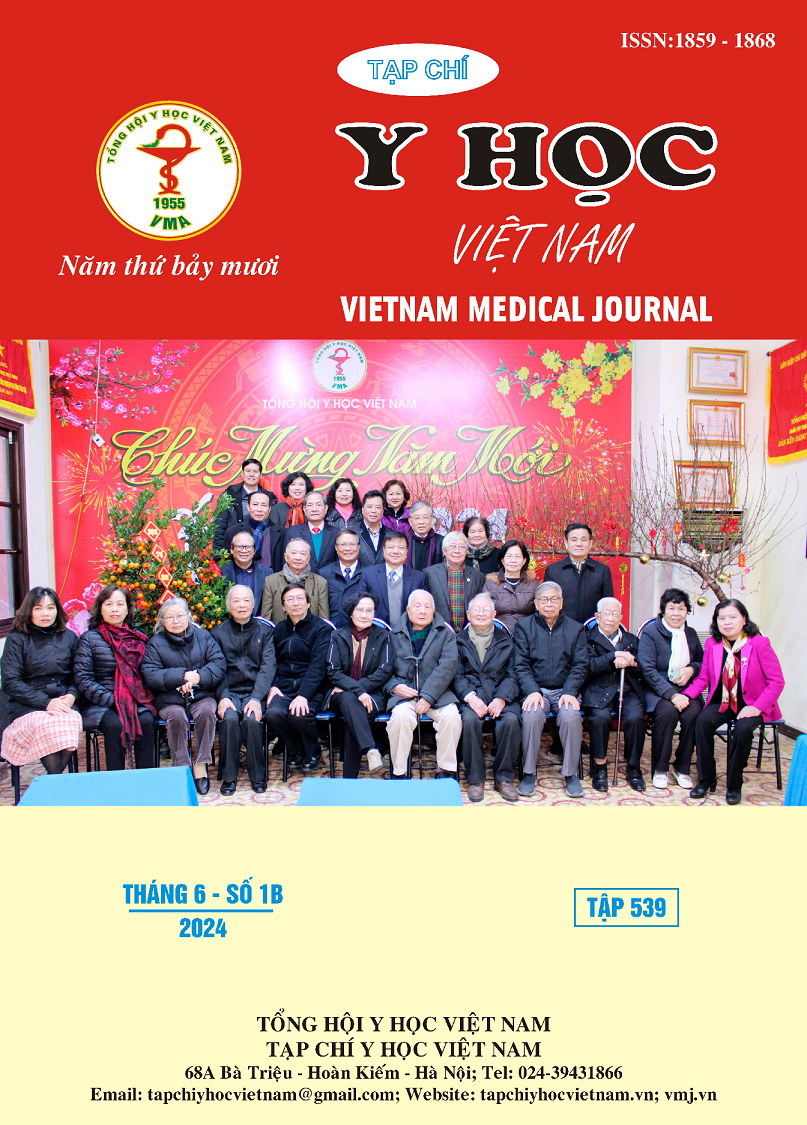AURORA KINASE INHIBITOR TAK-901 SUPPRESSES CELL PROLIFERATION ON CHOLANGIOCARCINOMA
Main Article Content
Abstract
Introduction: Cholangiocarcinoma (CCA) is the second most common primary liver malignancy after hepatocellular cancer. It accounts for approximately 10–25% of all hepatobiliary malignancies. The incidence of CCA varies significantly geographically and by region. This study evaluated the effect of the Aurora kinase inhibitor TAK-901 on suppressing the proliferation of TFK-1 cholangiocarcinoma cells in vitro. Methods: The study used Aurora kinase inhibitor TAK-901 on cholangiocarcinoma cell line TFK-1. Experimental assays were used including cell proliferation assay, Crystal Violet assay and cell migration assay. Results: Aurora kinase inhibitor TAK-901 inhibited TFK-1 cell proliferation. TAK-901 also initially affected cell migration. Conclusion: Aurora kinase inhibitor TAK-901 suppressed the proliferation of cholangiocarcinoma cells in vitro.
Article Details
Keywords
Cholangiocarcinoma, TAK-901, Aurora kinase
References
2. Y. Shaib and H. B. El-Serag, ‘The epidemiology of cholangiocarcinoma’, Semin. Liver Dis., vol. 24, no. 2, pp. 115–125, May 2004, doi: 10.1055/s-2004-828889.
3. B. Sripa and C. Pairojkul, ‘Cholangiocarcinoma: lessons from Thailand’, Curr. Opin. Gastroenterol., vol. 24, no. 3, pp. 349–356, May 2008, doi: 10.1097/MOG.0b013e3282fbf9b3.
4. Anh N. T. K. and Thắng T., ‘kết quả điều trị bước một ung thư đường mật không còn khả năng phẫu thuật bằng phác đồ gemcitabine-oxaliplatin tại bệnh viện k’, 2022.
5. G. Ouyang et al., ‘The global, regional, and national burden of gallbladder and biliary tract cancer and its attributable risk factors in 195 countries and territories, 1990 to 2017: A systematic analysis for the Global Burden of Disease Study 2017’, Cancer, vol. 127, no. 13, pp. 2238–2250, 2021, doi: 10.1002/cncr.33476.
6. ‘Outcomes in biliary malignancy - Groot Koerkamp - 2014 - Journal of Surgical Oncology - Wiley Online Library’. Accessed: May 06, 2024. [Online]. Available: https://onlinelibrary.wiley. com/doi/10.1002/jso.23762
7. P. Farrell et al., ‘Biological characterization of TAK-901, an investigational, novel, multitargeted Aurora B kinase inhibitor’, Mol. Cancer Ther., vol. 12, no. 4, pp. 460–470, Apr. 2013, doi: 10.1158/1535-7163.MCT-12-0657.
8. A. B. D’Assoro et al., ‘The mitotic kinase Aurora--a promotes distant metastases by inducing epithelial-to-mesenchymal transition in ERα(+) breast cancer cells’, Oncogene, vol. 33, no. 5, pp. 599–610, Jan. 2014, doi: 10.1038/onc.2012.628.
9. ‘Manipulation of alternative splicing by a newly developed inhibitor of Clks - PubMed’. Accessed: Apr. 24, 2024. [Online]. Available: https://pubmed.ncbi.nlm.nih.gov/15010457/
10. A. S. Moore, J. Blagg, S. Linardopoulos, and A. D. J. Pearson, ‘Aurora kinase inhibitors: novel small molecules with promising activity in acute myeloid and Philadelphia-positive leukemias’, Leukemia, vol. 24, no. 4, pp. 671–678, Apr. 2010, doi: 10.1038/leu.2010.15.


